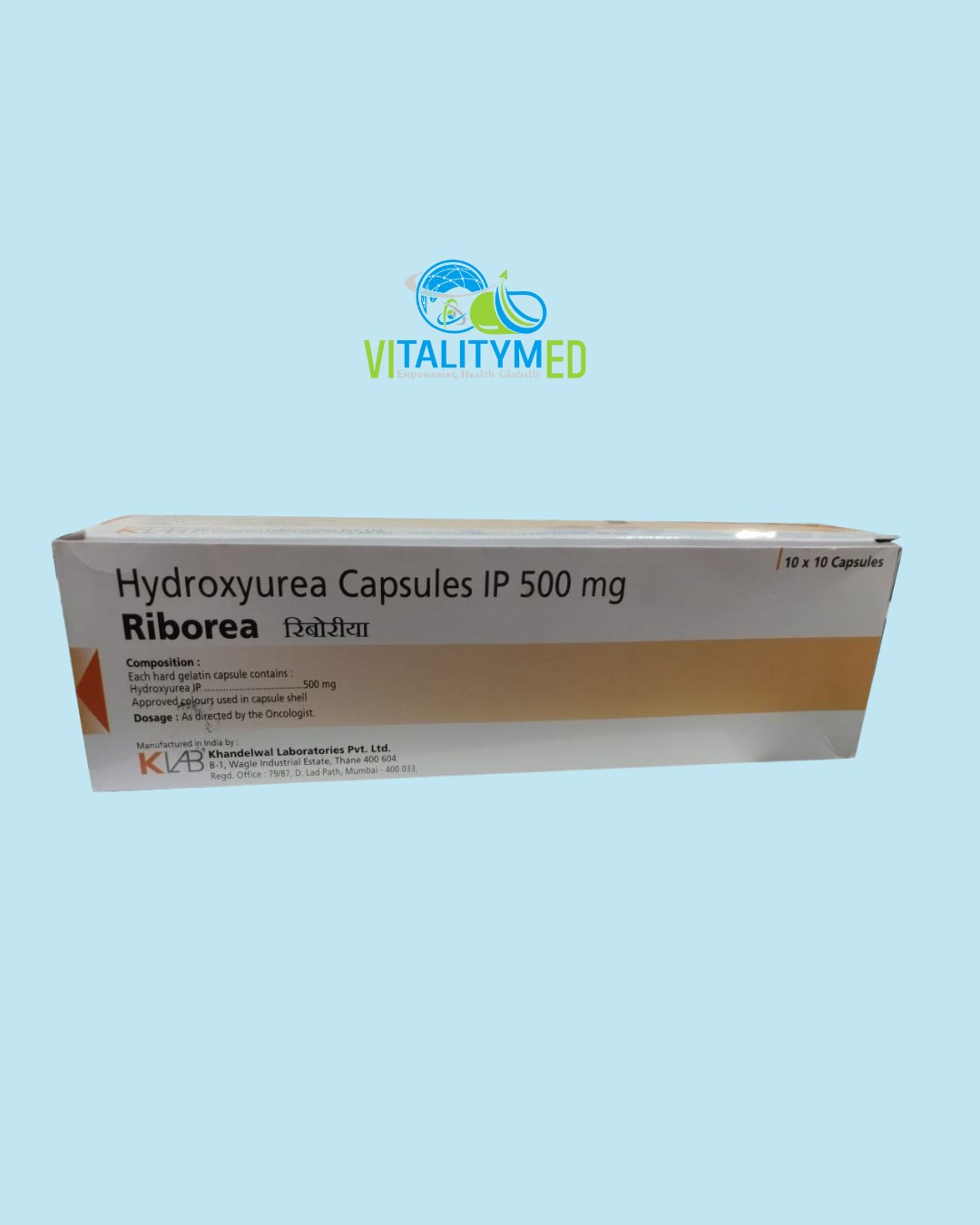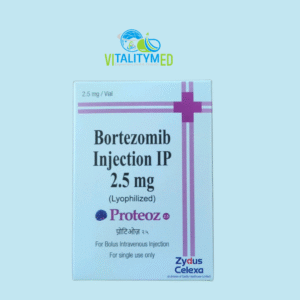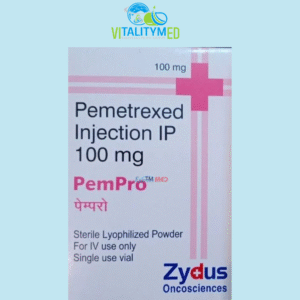Riborea 500mg Capsules contain hydroxyurea, an established oral chemotherapy agent and disease-modifying drug that plays a significant role in the management of various blood disorders and cancers.
Unlike many conventional chemotherapies given intravenously, hydroxyurea is taken by mouth, offering ease of administration. It is primarily used to treat certain types of blood cancers, including chronic myeloid leukemia (CML) and polycythemia vera, as well as solid tumors such as cervical, ovarian, melanoma, and head and neck cancers.
Beyond cancer, hydroxyurea is also a cornerstone in the long-term management of sickle cell anemia, where it reduces painful crises and the risk of organ damage.
Mechanism of Action
Hydroxyurea works through a multi-faceted mechanism targeting rapidly dividing cells:
Inhibition of DNA synthesis
-
Hydroxyurea interferes with an enzyme called ribonucleotide reductase, which is crucial for converting RNA building blocks into DNA building blocks.
-
By blocking this enzyme, hydroxyurea prevents the formation of new DNA, effectively slowing or stopping cell division.
-
This action is particularly impactful on fast-dividing cancer cells and abnormal blood cells.
Benefits in sickle cell anemia
-
In sickle cell anemia, hydroxyurea increases the production of fetal hemoglobin (HbF).
-
HbF is a type of hemoglobin normally found in babies, which helps prevent red blood cells from sickling (becoming rigid and crescent-shaped).
-
This reduces the frequency of painful vaso-occlusive crises and lowers the risk of long-term organ damage.
Through these dual actions, hydroxyurea not only acts as a chemotherapy agent but also as a disease-modifying therapy in sickle cell anemia.
Uses
Riborea 500mg (hydroxyurea) is approved for and widely used in the treatment of:
Chronic myeloid leukemia (CML)
-
A cancer of white blood cells characterized by excessive and uncontrolled growth of abnormal myeloid cells.
Polycythemia vera
-
A condition where the bone marrow produces too many red blood cells, increasing blood thickness and clot risk.
Essential thrombocythemia (off-label in some cases)
-
A disorder of too many platelets.
Solid tumors, including:
-
Cervical cancer, often in combination with radiation therapy.
-
Ovarian cancer, melanoma, and cancers of the head and neck.
Sickle cell anemia
-
To reduce the frequency of painful crises, hospitalizations, and acute chest syndrome, and to help prevent organ damage.
Other uses
-
Occasionally used for psoriasis and certain myeloproliferative disorders as determined by a hematologist.
Side Effects
Because hydroxyurea affects rapidly dividing cells, both cancerous and healthy, it can lead to several side effects. These vary from person to person and are often manageable with close monitoring.
Common side effects
-
Bone marrow suppression: leading to low counts of white blood cells (risk of infection), red blood cells (anemia and fatigue), or platelets (risk of bleeding or bruising).
-
Gastrointestinal symptoms: nausea, vomiting, diarrhea, or constipation.
-
Loss of appetite, weight loss.
-
Mild hair thinning.
-
Skin or nail changes, darkening of skin folds.
Less common but important
-
Mouth sores (oral ulcers).
-
Leg ulcers, especially in long-term use.
-
Elevated uric acid levels, which can trigger gout attacks.
Rare but serious
-
Severe anemia or dangerously low blood counts, requiring dose adjustments or temporary discontinuation.
-
Liver or kidney dysfunction (monitored by regular blood tests).
-
Secondary leukemias (extremely rare but reported with very long-term use).
-






